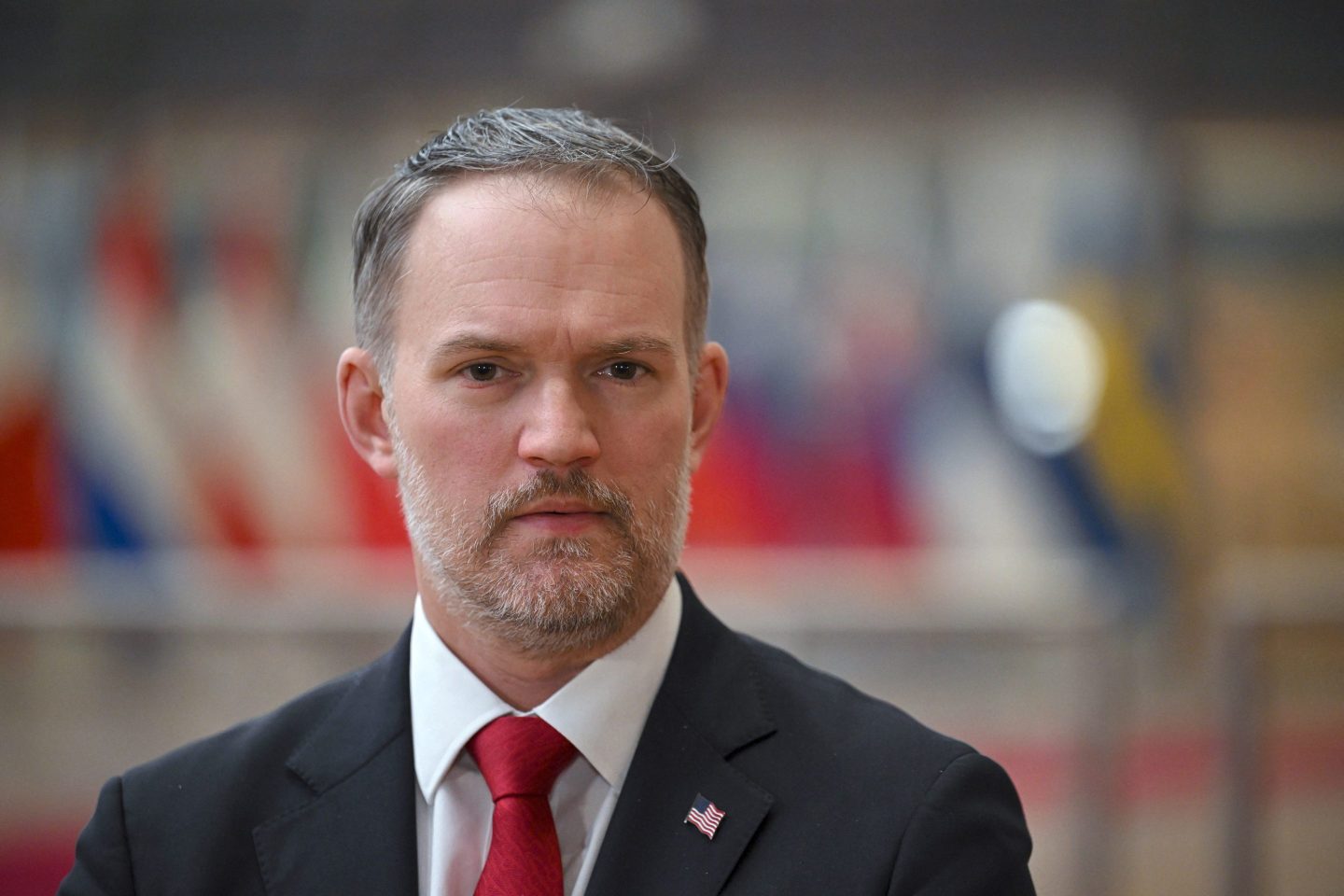Just before the new year a Silicon Valley financial type pointed out to me that August Capital, an old-line but quiet venture firm, had invested twice in disc-drive leader Seagate (STX), once as a venture investment and again alongside Silver Lake and TPG in a going-private transaction in 2000. “Who knows,” this investor quipped, noting Seagate’s plummeting stock price, then and now below $5 per share, “maybe August will get another chance.” (August’s co-founder, David Marquardt, is on Seagate’s board.)
Seagate this week dumped its mouthy CEO, Bill Watkins, whom Jeff O’Brien describes nicely here. If you don’t follow the drive business carefully you don’t know who’s up and who’s down. Apparently, Western Digital (WDC), which I profiled at least one complete cycle ago, is up, and Seagate is down. A Seagate spokesman gave O’Brien an unusually clear answer as to why Watkins got the boot, explaining that “everyone here is focused on fixing the execution issues and regaining the technology leadership that we let slip. That means improving time to market, [and] getting the customers the right products at the right time. It’s been apparent that we’ve let that slip, and we’ve got to get that back.” That’s industry code for: The competition released faster, better products more quickly than we did, causing us to lose share and profitability.
So would Seagate go private again? It’s worth less than half its 2002 IPO price and a sixth of its post-IPO peak. Former and now new CEO Steve Luczo is a congenital investment banker who loves to do deals. Then again, a new LBO would be problematic. First, there’s little leverage (debt) to be had right now. Second, the 2000 deal was unique because Seagate owned a weirdly highly valued stake in Veritas, now owned by Symantec (SYMC). Third, the drive business itself faces a crisis in the substitution of flash memory in devices that use hard drives, like music players.
But good luck, Steve. Really.
Some other thoughts on the week so far …
* At the risk of piling on a departing executive who ought to have been shown the door a ways back, I had a different reaction to what Pattie Sellers refers to as outgoing Yahoo (YHOO) President Sue Decker’s “breadth of experience” and “impressive resume.” Sellers notes that Decker is on the boards of Berkshire Hathaway, Intel and Costco. My thought on being reminded of that? How the hell did someone in a grueling and overwhelming job and who happens to have a punishing commute to work maintain memberships on the boards of three such significant companies? Here’s another question: Why did the board tolerate Decker’s willingness to be even the slightest bit distracted for so long?
* David Swensen, the legendary head of the Yale endowment, sort of answered the question I raised this week about endowments, in an interview with the Wall Street Journal Tuesday. Asked if his lousy performance in 2008 would cause him to alter his approach, he said: “I don’t think it makes sense for an institutional investor with as long an investment horizon as Yale’s to structure a portfolio to perform well in a period of financial crisis. That would require moving away from equity-oriented investments that have served institutions with long time horizons well.” The introduction to the article notes, however, that Yale will cut its operating budget as a result of the performance of its endowment. Swensen’s the genius. But I don’t care how long your time horizon is if your failure to protect near-term earmarked money causes your single client to cut its near-term spending.
* Kudos to First Round Capital, the pioneering angel/VC firm that specializes — like many, many other new firms — in smallish investments in truly early-stage companies, for hosting its “CEO summit” in an inexpensive venue: meeting rooms at a community center on the Mission Bay campus of the University of California at San Francisco. No, I wasn’t invited to the meeting. It just so happens that First Round’s welcome table was set up right outside the UCSF gym, where I worked out Tuesday morning. The foyer was lousy with late thirtysomethingish men dressed in sport coats, blue jeans and lots of hair product. The VC business may be freaking out, but you wouldn’t know from observing the breakfast chatter among frugal First Round’s CEOs.











